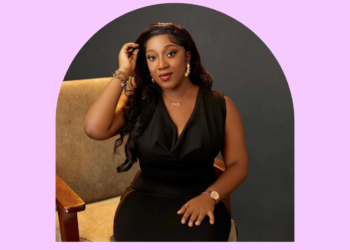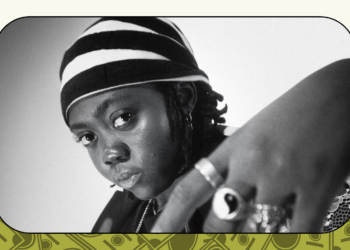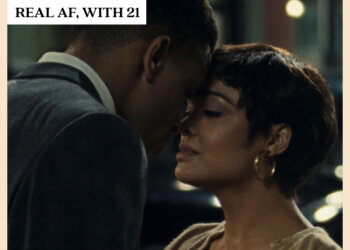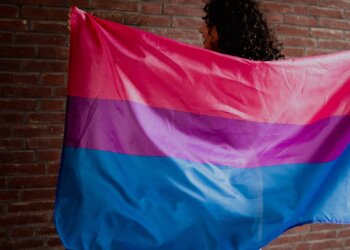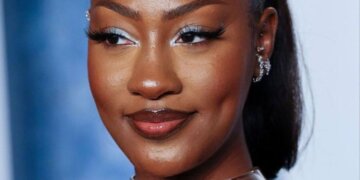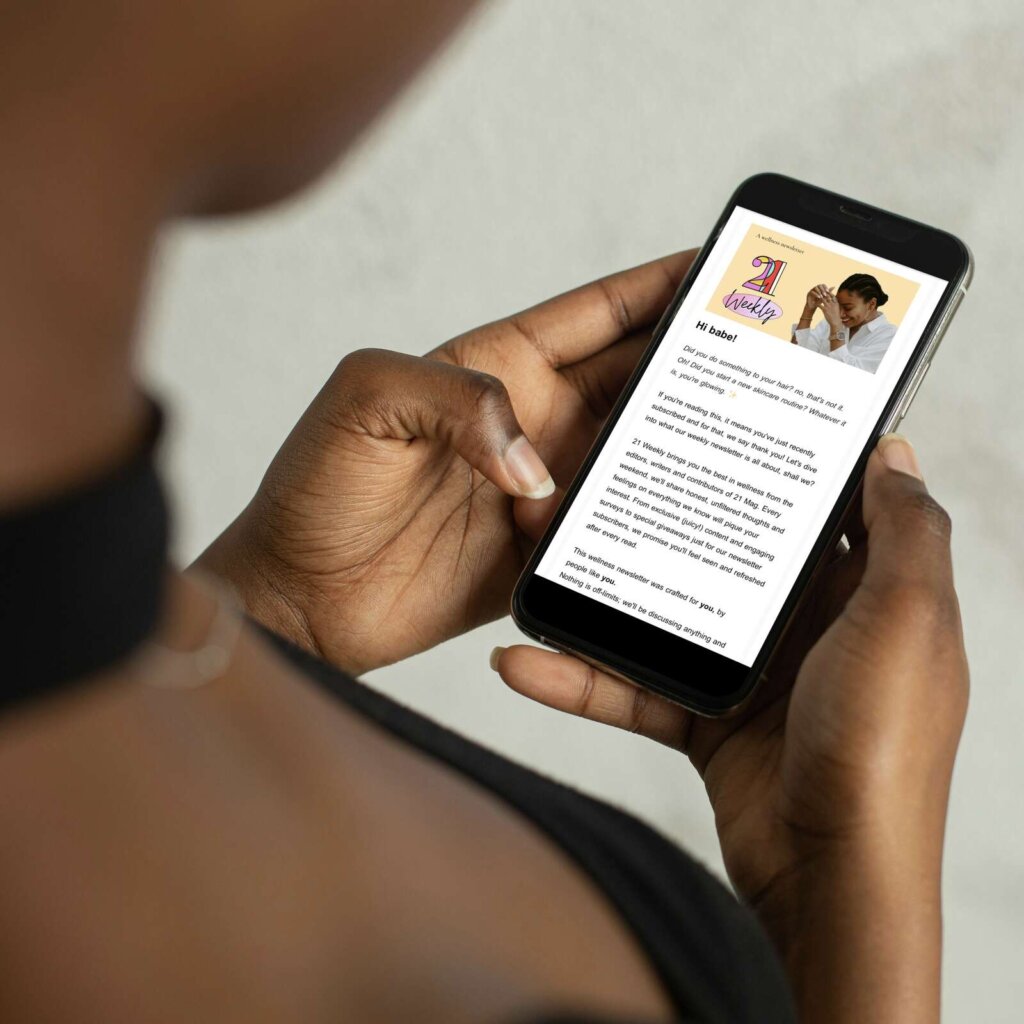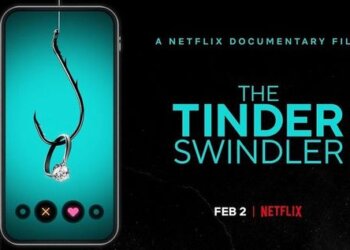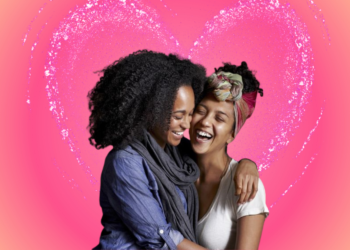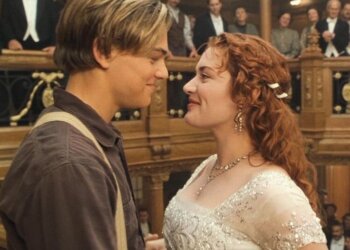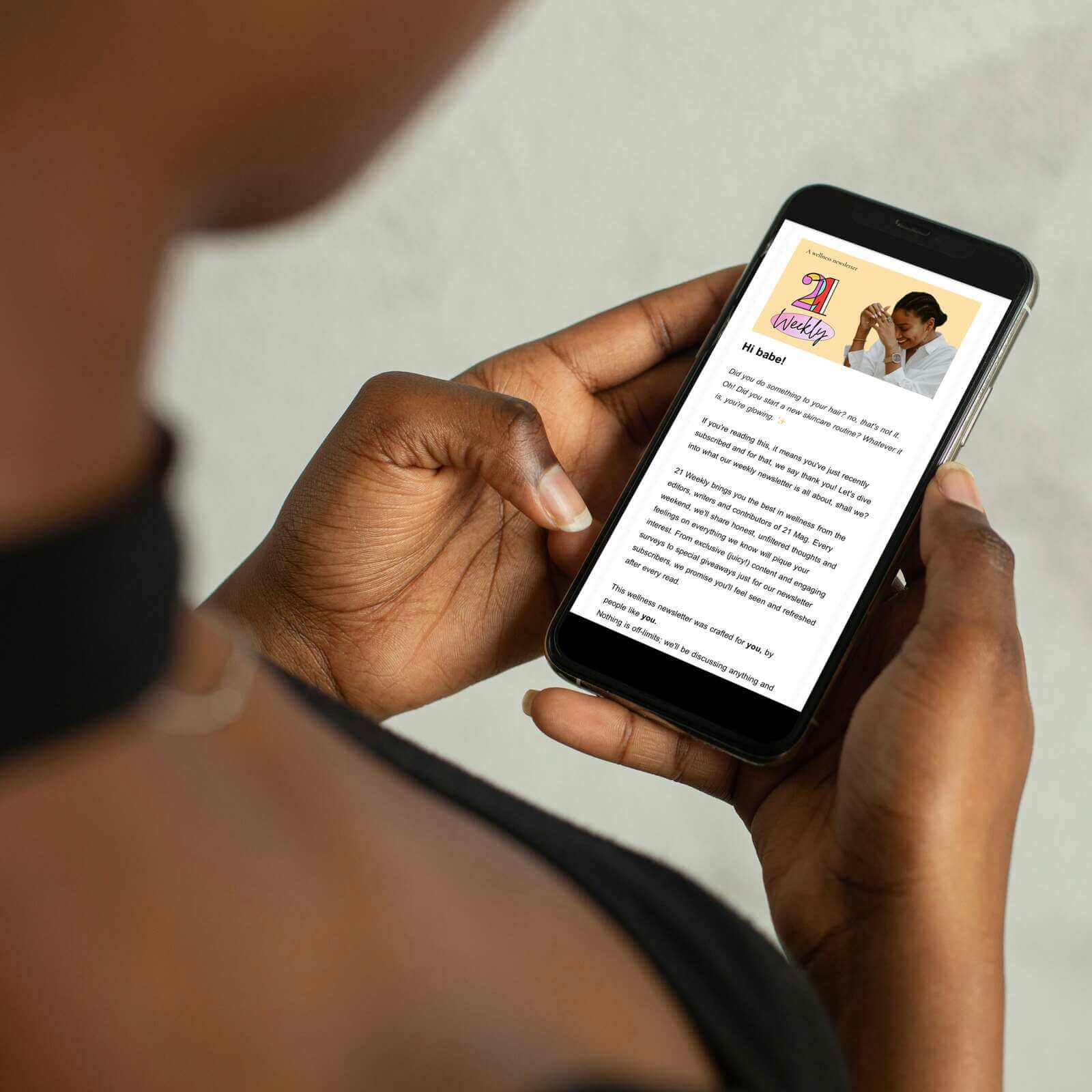No products in the cart.
Double Invisibility (Part 2): Three Women On Living With Disability And Womanhood In Nigeria
Still on the topic of Double Invisibility, a concept that begs to be acknowledged because:
1) Girls and women of all ages with any form of disability are generally among the more vulnerable and marginalized of society. These women often face disproportionately high rates of gender-based violence, sexual abuse, neglect and exploitation.
2) According to the United Nations, the global literacy rate for adults with disabilities is as low as 3 per cent, and 1 per cent for Women with Disabilities.
3) Same UN estimates that 75 per cent of women with disabilities are unemployed and women with disabilities who are employed often earn significantly less than their male counterparts and women without disabilities.
Three Nigerian Women share their personal experience on life in Nigeria, being woman and living with a disability.
Inclusion of Persons With Disabilities in every aspect of life remains the greatest demand
-Bolarin Joy, on how we can be better allies to PLWDs.
Bolarin Joy is Kwara’s State Women Leader of Joint National Association of Persons With Disability. Passionate about making life better for Persons Living With Disability, she passionately runs her own NGO, Jibore Foundation .
Hello. Please May I Know Your Name and Age?
My name is Bolarin Joy and I am 45 years old.
What Disability Are You Living With?
I am physically challenged, a polio victim using a walking stick to support myself.
At What Age Did You Become Physically Challenged?
At two years old.
Being Aware Of The Concept Of Double Invisibility, Would You Say That There Are Some Challenges You Face As A Result Of An Intersection Between Your Gender And Disability?
Yes. Within the disability community, women are marginalized because of their gender. In this community, men perpetually try to take over the affairs of women and expect to make decisions on things women matters, despite the fact that they can’t understand how women feel because they are not female. In leadership within the disability community, men dominate.
*Joy On Marriage*
I give God all the glory for having a happy home, but many women with disability are not lucky in marriage. They are being maltreated. There was a case of a husband bringing his girlfriend home and discussing in the presence of wife because she is deaf.
After impregnating some women with disability, men abandon them. Majority of women with disabilities are lonely because of their challenge.
*Joy on Employment*
Some years ago, I passed an interview to become a teacher in a private school in Ibadan but was denied the job because of my disability. However, they were giving me another excuse for not accepting me, rather than being honest that it was my disability that made them reject me.
It was when I insisted on seeing the school’s proprietress that I knew I passed my interview. In my presence, she opened my file and I saw disability may be of disadvantage on the file. However, I was told that wasn’t the case. They needed people with more years of experience.
This experience made me have my own private school to show ability in my disability
*Joy on Accessibility*
To move from one place to another is a great challenge. Drivers are never ready to carry someone on wheelchair; they see it as time wasting. Personally to cross the road is a big issue for me. Vehicles barely give opportunities for me to pass. Despite them seeing me with a walking stick, indicating that I want to cross the road, they continue speeding without consideration. I always have to wait and it’s not easy standing on one spot because of my challenge.
Banks will put their customer care office in the upper part of their building and it is never easy to climb. I fell down one time trying to climb the stairs in a bank. There really is no special attention for People With Disability.
What Misconception Can’t You Stand About PLWDs and You Would Love To Correct?
Exemption in some aspects of the society. People limit us to only welfare, but our needs are beyond that. We must be allowed to participate in every aspect of life because we are part of the society. Whether in politics, decision making, any aspect. Nobody should make decisions for us, because nothing is for us, without us.
Being a WWD is embodying a nakedness, out loud. You are exposed. I’ve never had the chance to hide who I am, my presence walks into the room before I do.
The society places you on a pedestal that you are fundamentally less. People look at you and treat you like you are clinical a diagnosis rather than a whole human being.
Far worse, when you are in a system that doesn’t work, Nigeria.
– Oyedayo on being a Woman With Disability.
Oyedayo is a writer, disability rights advocate, SGBV advocate, founder and creative director of iCare Mission. She adores her family especially as they are one of the first units to embolden her as an activist. You might have heard or will hear her on the radio. She doubles as a presenter and wouldn’t tip toe in an opportunity to showcase her 4 years as a Broadcast student.
May I Know Your Name And Age?
I’m Oyewole Benedicta Oyedayo, I’d rather be addressed as Oyedayo or Dayo. I’m 22 years old. Oh yeah, my preferred pronouns are She/Her.
What Disability Are You Living With?
It’s a mobility disability that affected both my legs. There’s no name to it, at least none to my awareness yet. But hopefully, I find that out soon enough.
At What Point In Your Life Did You Become Differently Abled?
I’m Disabled and not differently abled.
It was as a result of a medical mishap that happened at birth so I can pretty much say it has been from birth.
Although the state of my mobility right now isn’t what it has always been. What it is now, is what years of different surgeries and physiotherapy looks like.
What Is Life As A Nigerian Woman Living With A Disability?
Sigh. This question made me take a pause because where do I start from?
*Oyedayo On Religion*
Someone advised my mother to go to a particular church, maybe my healing will come from there and so she started attending the church. My Dad who at the time wasn’t an active church goer started going there as well. I like to think that they felt helpless and somewhat hopeless and they wanted to hold on to something, to believe in something, something popular.
I’ve gone through series of deliverances, climbed a lot of mountains seeking healing.
The ableism that comes from this structure, The Church, is appalling. A very popular, rich and well known church with diverse members does not have ramps in their buildings.
At religious gathering the leaders and sometimes, members usually want to perform a miracle on me and get me to walk like able bodied individuals. This happens many a times, before they know my name. Yet again seen as a diagnosis in a place presumed as home.
Religion is personal and I do not not believe.
*Oyedayo On Relationships*
Growing up, how I had planned my life was to work, make a lot of money, acquire lots of properties in my name and be famous then I will date who I want to date and marry whomever, easily.
While this isn’t a bad plan or an unviable one, I planned that because I did not consider myself desirable. I believed my desirability comes with me being irresistible after I have attained wealth and fame to my name.
This thought stemmed from the things I saw and since disability was only framed in a particular way by the media, my exposure to likeness and love as a disabled person was narrow.
When I eventually started dating, it felt more like an obligation and there was a need to say yes and teach myself to like someone better since they found me desirable enough to want to be in a relationship with me. So it was, yes, yes, yes regardless.
It was an unlearning and relearning process to come in terms with my sexuality.
*Oyedayo on Education*
My whole educational process has been a roller coaster.
For most part of my schooling, I didn’t do good enough in school because my attention was divided, I couldn’t concentrate. Basically, where I was enrolled in made no provision to cater for my mental health and psychological needs. That alongside bullying took a toll on me.
However, things got better when I got to secondary school. On getting to the university, everything was just weird. People would say ‘Hi’ from a distance and I barely had friends until the later part of my uni education.
I am out of University now, with the hopes of getting my masters, but as it is now, there is discrimination in Nigeria against Persons Living With Disabilities, especially in the educational sector. Educators are not given the tools to work with PLWDs, so they don’t necessarily know how to teach people that are different from what they consider the norm.
*Oyedayo on Employment*
Employment has been a very hard nut to crack.
It’s like, you apply for a job online and you when you show up, no job anymore. Once upon a time, I got a job and a family friend took me there. Getting there, the owner of the job thanked my family friend for taking care of me.
Basically, this person didn’t see me as human, but as a diagnosis. It happens over and over again, and leads to two different things. It’s either I am not offered the job, or I’m offered the job and they don’t give me the roles I am supposed to perform because they feel I am incapable. I have worked in places which require you going out but I wasn’t allowed to go out because in their minds, I couldn’t perform efficiently.
*Oyedayo On Security*
Insecurity is really heightened when you’re a woman living with disabilities because you’re much more exposed to different forms of marginalization, abuse, exploitation and even sexual abuse. So security is something I’m very vigilant about. I don’t stay out late and do a lot of things, but that doesn’t take away the fact that I am still in a very vulnerable state. It’s like I am constantly living in fear.
As a woman in Nigeria, you’re already walking on your toes. You can’t breathe. So a physically challenged Nigerian Woman is experiencing all those things in multiple forms. It’s worse because women like me are rarely ever in positions to speak against these abuses, and we can’t even seek redress when we become victims. So most times, issues go unreported and when they are reported, they not given the same vim as cases reported by able bodied persons. It really doesn’t help that the justice system towards PLWDs is really flawed.
*Oyedayo On Accessibility*
I think I need to speak up about how inaccessible Nigeria has been. When I read of what PLWDs in more developed countries fight for, it’s obvious that we are still fighting for the barest minimum here in Nigeria.
I am going to make an example of crossing the road. It should be something that shouldn’t be so stressful, but for a person with disabilities it’s almost an impossible task.
I remember one time I crossed the road but I had to cross back because on the way to the other side, I realised the road divider was too high. Eventually, I had to take a bike to the other side of the road. That’s how inaccessible things can be.
I don’t go out much. Before I even do, I first scan the place to ensure if it’s accessible, if I will be going along with someone that understands my needs and would help me achieve what I am there for.
Inaccessibility is built up in ableism and bigotry. Accessibility for PLWDs shouldn’t be an afterthought. There was a time a popular commissioner in Oyo state built a primary health care centre without ramps, and when the public pointed it out, he said he forgot. Things like that shouldn’t be. But alas, that’s what we have in a lot of sectors in society.
If people actively listen to PLWDs most of these challenges won’t be experienced.
What Misconceptions Can’t You Stand About PLWDs And Would Love To Correct?
I think one misconception that I was exposed to very early is that disabilities are contagious.
In nursery school, my seatmate ‘described’ me to her mum and then the mum comes to school the next day, telling my teacher to change the seating arrangement because she doesn’t what her child to be infected. I remember that day so clearly, because my teacher knelt down for the woman and began to apologise, right in front of me.
People also infantilize PLWDs and constantly trying to touch us indiscriminately. Don’t do that. We are not children.
Most times people use as as props, as aesthetics especially when inclusion based events are coming up. They call on us, use as props and when the event is over, they drop us. We are just there to make their name or brand look inclusive. But in reality they are not.
Is There Anything Else You Would Love To Share?
Well, just some words. Diversity is a sit on the table, inclusion is having a voice, and belonging is having that voice to be heard.
Diversity, include us and amplifies our voices, makes our voices heard. We are here and we aren’t going anywhere.
I had to become really opinionated and outspoken so as not to be cheated out of life
–Sabaa on thriving as a Woman Living With Disability.
Sabaa was born and raised in Osun State. She enjoys swimming and cycling. She found freedom in Medical School and when she isn’t busy training to be a Doctor, she delivers interesting and enlightening content on her YouTube page, Life of an Amputee.
Please Can You Introduce Yourself To Us? Your Name, Age and Sexuality.
I’m Akintola Sabaa. Sabaa is my first name and it’s Arabic. I’m 22years old and I’m straight.
What Disability Are You Living With?
I am a below knee amputee. I lost my left leg due to a car accident that happened when I was 4.
What Is Life As A Nigerian Woman Living With A Disability?
People tell you what they think is safe for you and discourage you from doing some things, even though you clearly know your boundaries. I mean, you are the one living with the disability after all.
I was at a camp one time and everyone was climbing Idanre hill. If you know the hill, it has like 6 resting stations. A lot of people wanted me to climb and stop at the first station because of “my condition” as they put it, just enough for me to have the experience.
They meant well, but their advice was unsolicited.
I ended up climbing all the way to the top with everyone. Yes, I’m bad like that!
*Sabaa On Safety*
I rarely go out after 7pm because I’m a lady and can be assaulted at any time. Also, I’m an amputee, I can’t exactly run fast. My prosthesis was made for walking.
*Sabaa On Relationships*
My relationships have been good, but a lot of people always show concern about how I’ll get husband with “one leg”.
Has This Ever Been A Genuine Concern Of Yours?
Never ever oh! Pretty girl like me?
What Misconception Can’t You Stand About PLWDs And Would Love To Correct?
That we are weak. We are farrrrr from weak.
How Can We Be Better Allies To People Living with Disabilities?
Be supportive without being demeaning.
Allow PLWDs set their own boundaries and don’t be intrusive.
Conversations have edited and condensed for the sake of clarity.

